In 2008, five Jewish high schools in Los Angeles partnered with BJE: Builders of Jewish Education, the Jewish Federation Council of Greater Los Angeles, the Simha & Sara Lainer Day School Endowment Fund, and the Jim Joseph Foundation to launch the LA High School Affordability Initiative (LAHSAI). The initiative was premised on the schools collectively raising $17 million in cash endowments, which would be matched by $4.25 million from the Lainer Endowment Fund, positioning the schools—and really the broader community—to be able to help middle income families enroll their daughters and sons in Jewish high schools for years to come.
Earlier this month, the five schools—Milken Community High School, New Community Jewish High School, Shalhevet High School, YULA Boys High School, and YULA Girls High School—reached that formidable benchmark of $17 million raised. When combined with the $4.25 million Lainer match, this means that $21.25 million in endowment funds will be providing the schools with yearly income for tuition assistance.
The Jim Joseph Foundation wishes the schools, their families, BJE, and the entire community a sincere kol hakavod for meeting the challenge!
Jewish high schools develop individuals who possess strong Jewish identities, a dense network of Jewish connections, and deep Jewish knowledge. Now, more youth in Los Angeles will have the opportunity to participate in enriching day school education.
To learn more about the LA High School Affordability Initiative, view its model documentation, read a previous blog from Arlene Lepoff Agress and Miriam Prum Hess of BJE, and see a previous featured grantee profile.
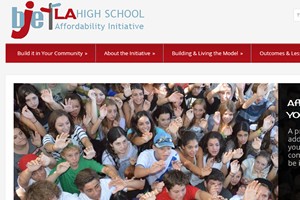
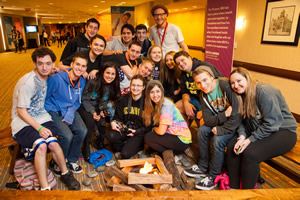
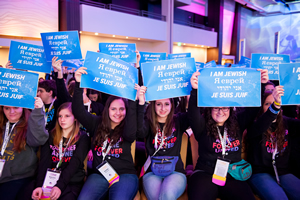
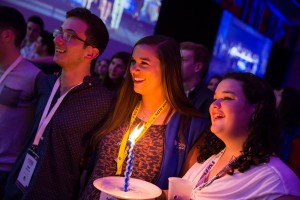
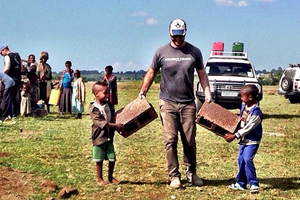
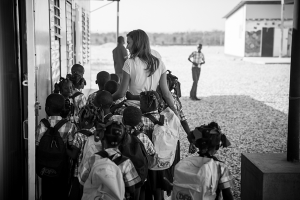
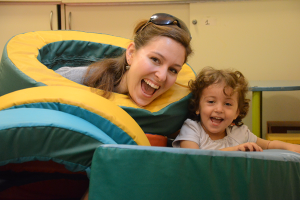
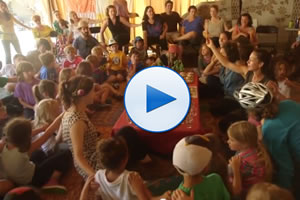
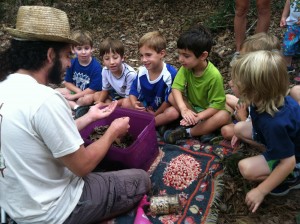
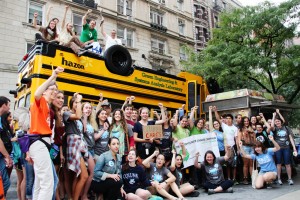
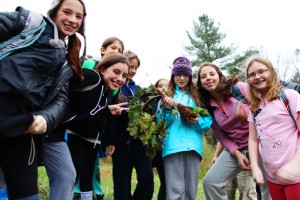
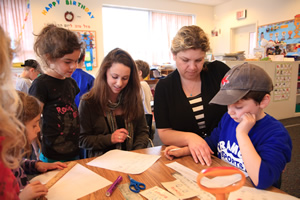 When it comes to teacher preparation, the DeLeT program—Day School Leadership through Teaching—has a 13 year record of helping develop teachers into dynamic and effective educators. DeLeT operates at both
When it comes to teacher preparation, the DeLeT program—Day School Leadership through Teaching—has a 13 year record of helping develop teachers into dynamic and effective educators. DeLeT operates at both 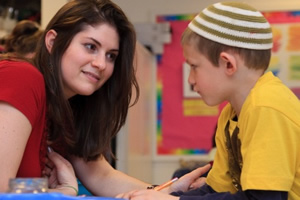 DeLeT’s broad vision links initial teacher preparation with new teacher induction and ongoing professional development. Thus, DeLeT works with graduates across their career. At Brandeis, most of the current mentor teachers are graduates of the program who develop their mentoring skills by attending a monthly mentor-teacher study group. At HUC-JIR in Los Angeles, mentors meet six times during each cycle—two Y’mei Limmud and four Mentor Shuirim. At the beginning of each cohort, the mentors also attend a day long summer institute.
DeLeT’s broad vision links initial teacher preparation with new teacher induction and ongoing professional development. Thus, DeLeT works with graduates across their career. At Brandeis, most of the current mentor teachers are graduates of the program who develop their mentoring skills by attending a monthly mentor-teacher study group. At HUC-JIR in Los Angeles, mentors meet six times during each cycle—two Y’mei Limmud and four Mentor Shuirim. At the beginning of each cohort, the mentors also attend a day long summer institute.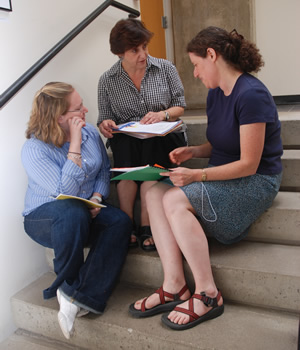 DeLeT continues to accept new cohorts annually, while at the same time evaluating the program to glean insights that can help the entire field of Jewish education. One current study underway examines how DeLeT students’ ideas about effective teaching evolve over the course of the program. A second study surveys graduates from DeLeT and three other teacher preparation/induction programs—Stern College, Jewish Theological Seminary and the Jewish New Teacher Project—to better understand why they choose to stay in day school teaching or leave the field.
DeLeT continues to accept new cohorts annually, while at the same time evaluating the program to glean insights that can help the entire field of Jewish education. One current study underway examines how DeLeT students’ ideas about effective teaching evolve over the course of the program. A second study surveys graduates from DeLeT and three other teacher preparation/induction programs—Stern College, Jewish Theological Seminary and the Jewish New Teacher Project—to better understand why they choose to stay in day school teaching or leave the field.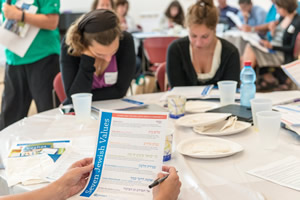 Not too long ago, lesbian, gay, bisexual, and transgender Jews were largely invisible in American Jewish life. Many LGBTQ Jews hid a primary part of themselves in order to remain involved in their Jewish communities. Other LGBTQ Jews left their Jewish communities altogether and never returned.
Not too long ago, lesbian, gay, bisexual, and transgender Jews were largely invisible in American Jewish life. Many LGBTQ Jews hid a primary part of themselves in order to remain involved in their Jewish communities. Other LGBTQ Jews left their Jewish communities altogether and never returned.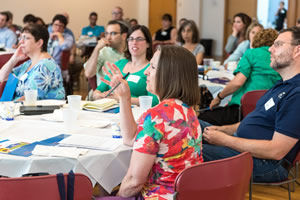 Through KLP, Keshet works with organizations, day schools, synagogues, youth groups, camps, and social service agencies along a continuum of inclusion—from those who are just beginning to acknowledge their need for improvement, to those who have deep and sustained initiatives in place and who strive to broaden their reach. A year-long multi-phased program, KLP gathers, trains, provides resources, and supports these institutions to become more inclusive to LGBTQ individuals and families.
Through KLP, Keshet works with organizations, day schools, synagogues, youth groups, camps, and social service agencies along a continuum of inclusion—from those who are just beginning to acknowledge their need for improvement, to those who have deep and sustained initiatives in place and who strive to broaden their reach. A year-long multi-phased program, KLP gathers, trains, provides resources, and supports these institutions to become more inclusive to LGBTQ individuals and families.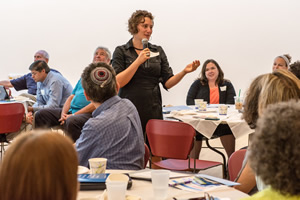 Just last year, Keshet’s training helped professionals address homophobia and gender stereotypes, reaching more than 70,000 youth. And Keshet provided the leaders of 53 Jewish institutions with tools to make their organizations more inclusive, influencing 166,000 organizational members across the U.S.
Just last year, Keshet’s training helped professionals address homophobia and gender stereotypes, reaching more than 70,000 youth. And Keshet provided the leaders of 53 Jewish institutions with tools to make their organizations more inclusive, influencing 166,000 organizational members across the U.S.